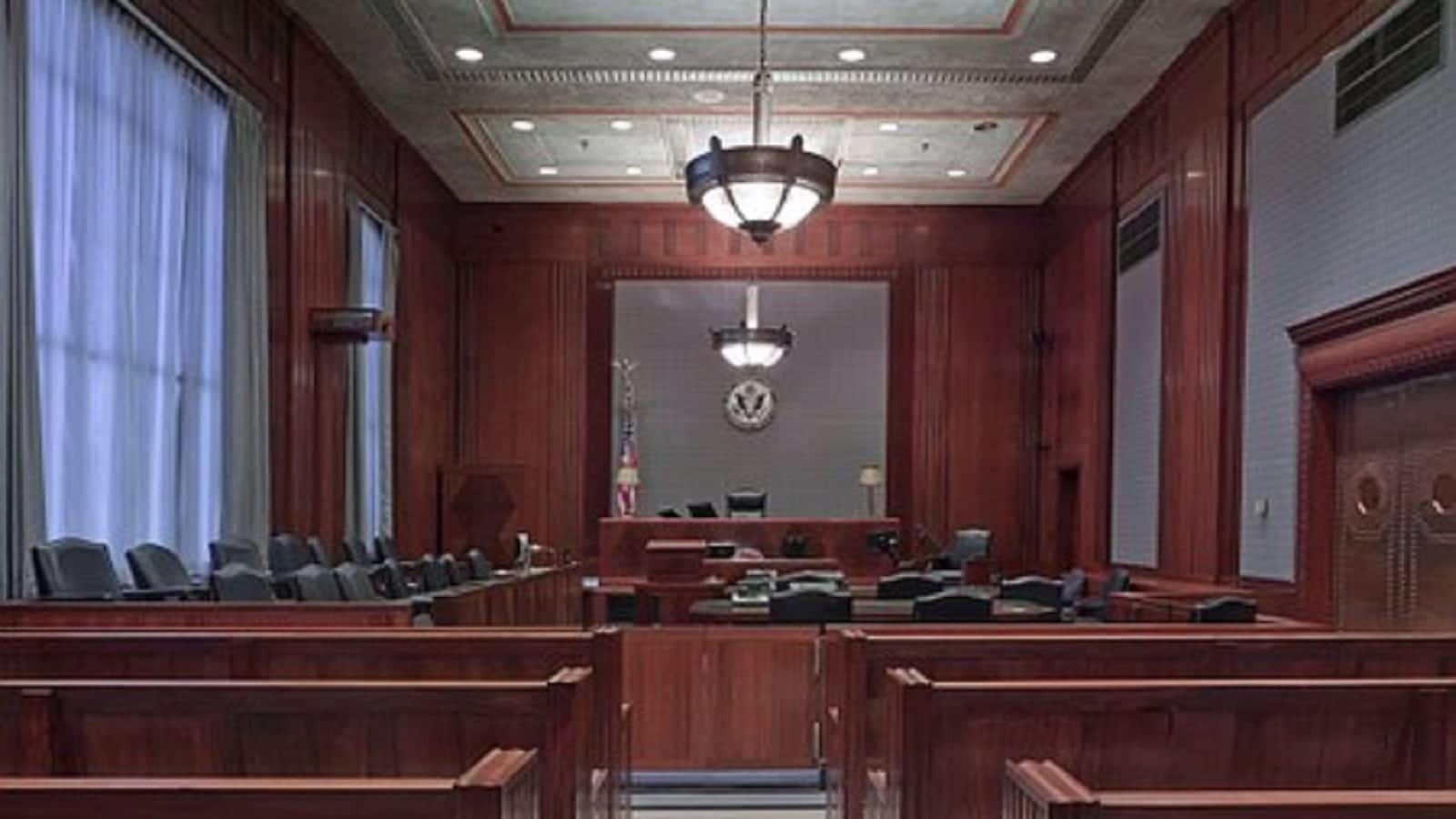Every accident and personal injury suit is its own unique animal. They can take a wide variety of forms, and each has its own complications and qualities. The right attorney knows how to navigate these complex waters and get you justice for what you’ve suffered. It’s important, however, for you to understand the way in which these cases proceed so that you know what to expect at each stage of the process.
The general way in which an injury case moves forward is fairly consistent, regardless of the additional complexities your case might have. Let’s check out a basic overview of the way an injury suit progresses, some information on the steps taken and how a personal injury lawyer is your best bet to get a significant settlement.
The Initial Consultation
The first stage of your personal injury case involves meeting with your attorney for a consultation. A good personal injury lawyer will not charge you for this consultation. They will, however, go over the details of your case with you, informing you about what you’ll need to know moving forward and what to expect.
They should not tell you how much you’ll get in a settlement; if they do, it’s a red flag, because there’s no way to know this at an initial consultation. In addition, if they want fee payment up front, you might consider a different attorney, because the best lawyers for injury suits work on contingency; that is, they don’t take a fee if they don’t win the case.
Filing Your Case
The next stage is to file your complaint with the courts. It begins by filing an official complaint, also called a petition, with the courts. This outlines your case, identifies who is involved and establishes the legal basis, as well as relating the facts of the claim. Part of the complaint is your demand for compensation.
This serves to give notice to the defendant of the case, as well as stating the facts behind it and the legal basis for it. Very specific language has to be used in this filing to avoid critical errors that could cost your settlement.
After you file, the defendant will respond in what is called an “answer” to your case, admitting to, denying or taking no stance on each of your claims. They could file a counterclaim against you or a counteroffer to your demand, or they could take a number of other steps.
Discovery and Fact Finding
Next comes the discovery phase, where evidence is collected, witnesses interviewed and negotiations take place between the parties involved. You may have to give a deposition before court officials. A deposition is an official, on-record statement you make about the facts of the case as you see it and defend your arguments in the case. Also during this phase, each side can file motions that can sometimes see the case dismissed or resolved summarily.
Settling the Case
Negotiations can take a long time with a great deal of back-and-forth. The end goal, however, is to come to an agreement that is satisfactory to both parties. The vast majority of lawsuits never actually see the inside of a courtroom. Instead, the different parties agree on a middle ground that covers the injured party’s pain and suffering, medical bills, trauma and other damages and enable them to regain control of their life.
Going to Court
In some cases, the parties cannot agree on a settlement and the case has to go to trial. This is a complex process that involves jury selection, arguments from each attorney, testimony from witnesses and more. It’s not like what you see on television. A court trial is an all-or-nothing affair, where you get the full settlement you demand, or you don’t get anything. It can be a harsh and stressful process, and often it’s not in anyone’s best interests.
Getting Your Money
Unfortunately, even when a judgment is rendered in your favor or you come to a settlement, collecting your money is sometimes difficult. If the defendant is someone of means, you’ll usually get your payment. Those who either don’t have the money or simply refuse to pay, however, can leave you somewhat in the cold. There are actions you can take to get your money, such as seizing accounts, garnishing wages and the like, but these are also complex.
Working with a Personal Injury Attorney
Your best bet to get a significant settlement for the damages you’ve suffered is to work with a qualified personal injury lawyer. With the right lawyer, you’ll have a better chance of collecting on your mounting doctor bills, your pain, and suffering, emotional trauma, loss of income and wages, damage to your relationships and quality of life.
At the Law Offices of Peter N. Davis and Associates, LLC, we have over 27 years of experience dealing with personal injury cases like yours.



